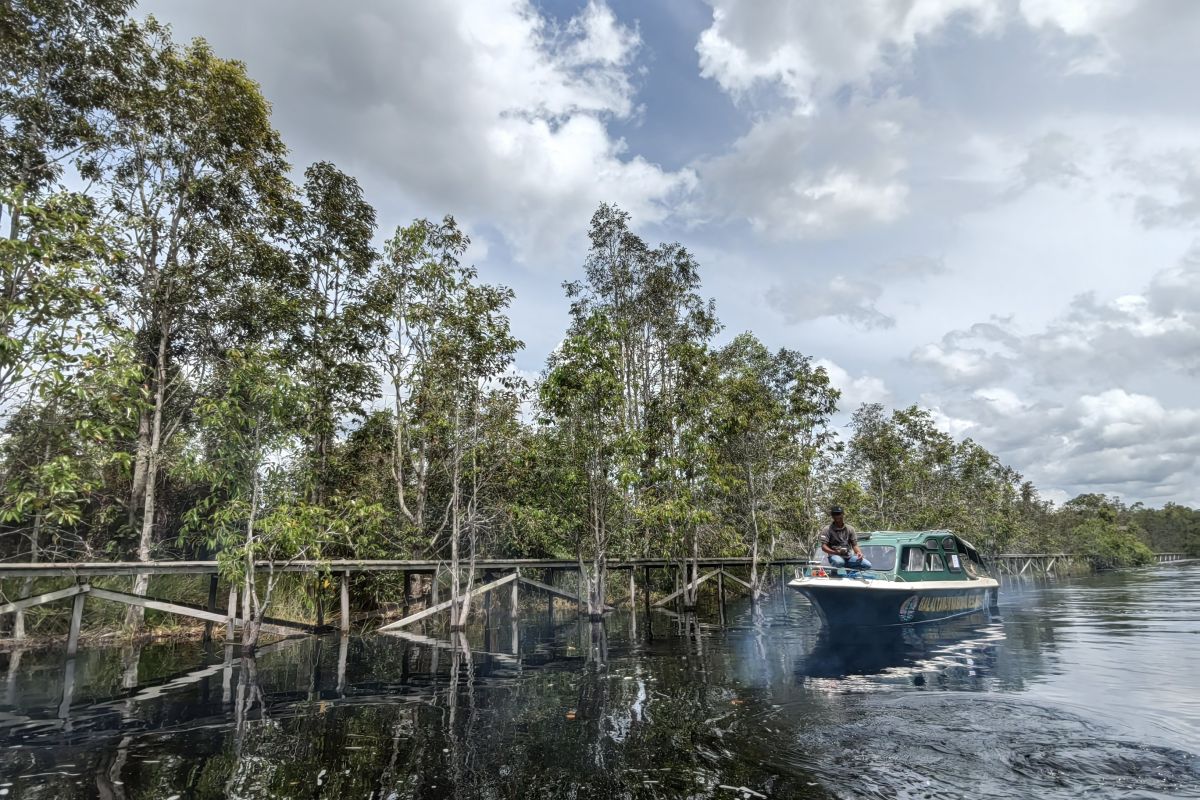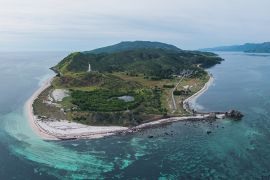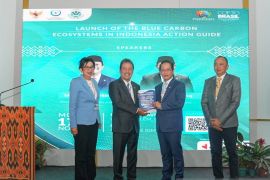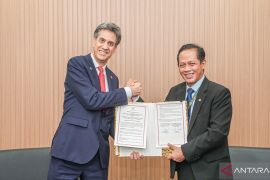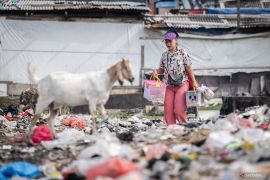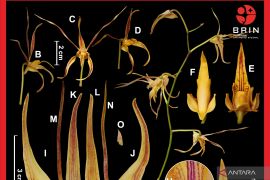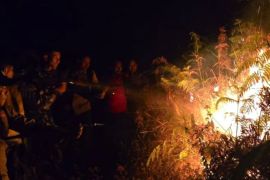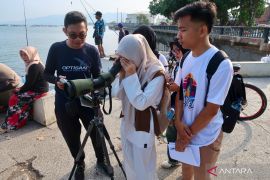Head of the Ministry's Sub-Directorate of Species and Genetic Preservation, Badi'ah, stated at the discussion celebrating World Wetlands Day, here on Friday, that the water flow in nutrient-rich wetlands is a supporting factor for the preservation of biodiversity, especially rare species.
"This is the importance of wetlands as habitats for key, rare, and endemic species in Indonesia," she remarked.
She cited as an example that proboscis monkey populations depend on wetlands. The long-nosed monkey picks up shoots and eats fruits that grow in wetland ecosystems.
Badi'ah explained that wetlands provide water that has been well-filtered and thus safe from sediments and pollutants.
"Endemic species live better there because of the sufficient food sources," she remarked.
Indonesia has seven wetland sites that have been acknowledged as Ramsar sites under the Ramsar Convention.
The seven wetland sites are the Berbak National Park, Sembilang National Park, Lake Sentarum National Park, Wasur National Park, the Pulau Rambut Wildlife Reserve, and Tanjung Puting National Park.
Badi'ah said that wetlands are a breeding ground for proboscis monkeys due to the dense vegetation that allows them to build living spaces in groups.
"The wetland and lush vegetation ecosystem protect proboscis monkeys from predators," she stated.
Meanwhile, the National Peatland and Mangrove Restoration Agency (BRGM) has targeted to restore 1.2 million hectares of peatland and 600 thousand hectares of mangrove forests from 2021 to 2024.
Head of BRGM's Education and Socialization Working Group Suwignya Utama said his side's approaches in restoration encompassed conducting economic revitalization and strengthening community groups, preventing fires in peatlands, and providing infrastructure support.
Related news: Guardians of Earth's lungs from Indonesia's East Kalimantan
Related news: Bappenas drafts roadmap for wetland management
Related news: Bappenas unveils Wetland Management National Strategy document
Translator: Sugiharto P, Kenzu
Editor: Azis Kurmala
Copyright © ANTARA 2024
